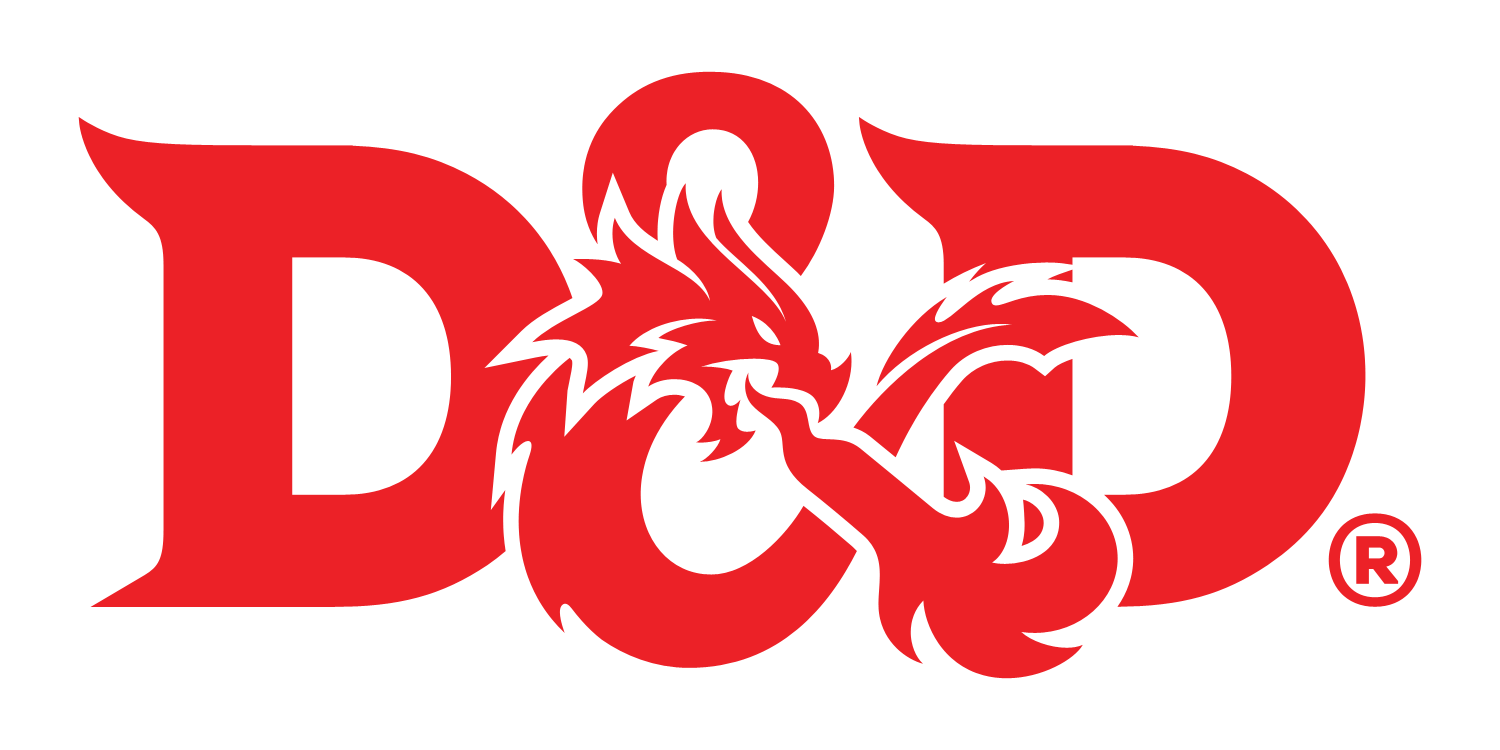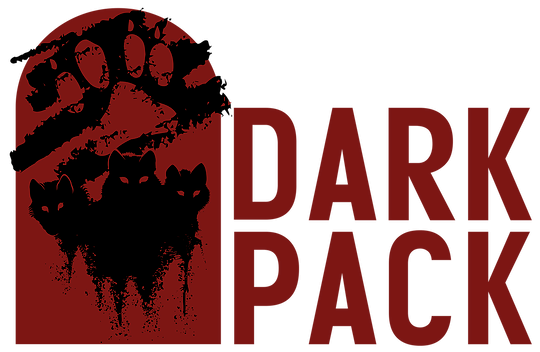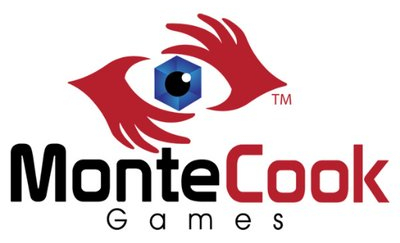Ptolus Coins & Wealth
Officially, all merchants in the Empire of Tarsis are supposed to accept only Imperial coins as currency. Ptolus, however, remains far enough away from the heart of the Empire that most people ignore such regulations. This is particularly true of late, as delvers flood the city with ancient coinage or money minted by dwarves, elves, and even dark elves from the Dungeon. Still, some merchants accept only Imperial currency, and all government facilities demand Imperial coin—including for tax payments. But not to worry, as moneychangers in Oldtown, Midtown, and the two Market districts will convert non-Imperial money into Imperial currency for a 10 percent fee.
Imperial coins have specific names, as follows:
Copper Pieces (cp)
Silver Pieces (sp)
Gold Pieces (gp)
Platinum Pieces (pp)
The coins are named for their most common users in most cases or the closest aesthetic choice to them. For example Lands are named as such from the Farmers and their Farmlands.
Because a plethora of differing currency is used within the city walls, residents usually refer to coins simply as “coins” as opposed to the Imperial standard names. Thus, the price of a longsword is "15 gold" or “15 gold coins.” Merchants who take the law requiring Imperial currency seriously might charge “15 Imperial gold,” or “15 gold Imperials” (or “150 silver Imperials”). Surprisingly few would say “15 gold thrones,” unlike in other places in the Empire, where that phrasing would be the standard.
Platinum coins are quite rare. In fact, most establishments—taverns, bathhouses, bakeries, and so on—balk at accepting them. A simple street vendor selling apples might never have seen one in their life. Silver is still the standard among the common classes.
The penalty for counterfeiting was death in most places, since cities, kingdoms, and nations relied on the acceptance and trust of their currency.
When large sums were involved, it was common for traders to use trade bars.
All characters are assumed to have access to their basic needs of sustenance and accommodation — actual poverty is a kind of Challenge — but with this Edge your character has access to disposable funds. A character with one dot has a little spending money for emergency or luxury purchases, while five dots represents a CEO or trust-fund baby for whom budget is barely a concern. The precise details of your lifestyle depend on the context of the setting (Wealth 3 means different things in medieval France, suburban America, and a colony on Communist Mars), but this Edge’s rating serves as a guideline for the Storyguide in what expenditures your character can and cannot easily afford. Characters can generally make purchases with a cost lower than their Wealth (though obviously this does not allow a middle-class character with Wealth 2 to buy an infinite number of toothbrushes), while a cost equal to their Wealth will temporarily lower the Edge’s rating by one for the rest of the Session. In most cases, financial Complications can substitute successes for cost dots.
Edge - Loaded (TCC 67)
Your character is fabulously wealthy. He is one of the wealthiest people on Earth and can easily purchase any object that is for sale, from an office building to a rare work of art, or even a submarine. Your character can also purchase corporations and influence governments. This level of wealth automatically provides him with one dot of Fame (he is well-known to anyone interested in the very rich), as well as being able to guarantee an exceptional level of service from any business that realizes how wealthy he is. The exact amount of your character’s wealth varies depending upon the era — in the 1920s he would have more than $100 million, while in the early 21st century, your character is a multi-billionaire. Drawbacks: Governments keep track of the activities of the extremely wealthy. Also, wealth can buy immunity to all manner of minor infractions of the law, but no amount of wealth can cause a government to overlook someone sponsoring terrorists, becoming a murderous vigilante, or funding a military coup.
Coins
Pennies
orLands
Copper Pieces (cp)
Shields
orMoons
Silver Pieces (sp)
Thrones
orSuns
Gold Pieces (gp)
Dragons
Platinum Pieces (pp)
Other Forms of Currency
Mage Coins
Mage coins are another example of how the presence of the Inverted Pyramid, the largest gathering of powerful spellcasters in the world, alters the way things work in the city. These triangular glass tokens are a bold new initiative created by the Dreaming Apothecary and issued to make money for the Inverted Pyramid. Mages of the organization began using them first, claiming each was the value of 100 gp. The attractive nature of mage coins—and the reason the bold initiative is working—is their magical property. The last person to touch a particular coin can summon it into their hand with a simple mental command. This means a character need not carry a lot of money around with them; they can keep their mage coins safely tucked away in a secure vault somewhere, still perfectly accessible. (Note that the coins cannot be sent back magically.) Not everyone is willing to accept the coins as payment, however. In particular, the Church does not accept them, nor does any official Imperial agency. Governmental bodies consider the coins illegal, since only the Empire can mint coins, according to the Vast Codex. Nevertheless, there may already be eight hundred to a thousand mage coins in circulation in the city.Gems
Gems were even rarer than metals and required great skill in mining, cutting, and polishing. Gems had great value because people desired them for their beauty and often worn them in jewelry. The arcane arts also require certain gems as spell components, which increased their rarity even more, as they were consumed in the casting of powerful spells.Notes of Credit & Paper Money
No one carries around sacks of thousands of gold coins in Ptolus. It’s not only inconvenient, it’s dangerous. Years ago, the wealthy business people of the city began using notes or letters of credit: officially endorsed papers that represent a large sum, usually at least 1,000 gp (carrying 20 to 80 pp isn’t really cumbersome). These notes can be transferred or used as payment for goods and services, but never for less than the value of the letter. In other words, one cannot expect “change” back from a letter of credit. Merchants are not required to accept a letter of credit, but if it comes from a reputable source, they almost always do (after first examining it closely for hints of forgery). Technically, there’s nothing stopping folks from writing as many notes of credit as they wish. However, every letter comes with the understanding that the holder can go to the issuer and exchange it on the spot for coin. Failure to honor a note of credit results in immediate Imperial involvement and almost certain fines, jail time, dishonor, and the cancellation of the offender’s credit across the city. Some of the larger merchant companies (see Chapter 16: South Market) use notes of credit as currency unto themselves—a sort of paper money. Rumors say the Empire itself has begun issuing official notes of credit in Tarsis. If true, such would literally be paper money, as official as any coin.Edges
Edge - Wealth (TCC 62)WEALTH
(• TO •••••)All characters are assumed to have access to their basic needs of sustenance and accommodation — actual poverty is a kind of Challenge — but with this Edge your character has access to disposable funds. A character with one dot has a little spending money for emergency or luxury purchases, while five dots represents a CEO or trust-fund baby for whom budget is barely a concern. The precise details of your lifestyle depend on the context of the setting (Wealth 3 means different things in medieval France, suburban America, and a colony on Communist Mars), but this Edge’s rating serves as a guideline for the Storyguide in what expenditures your character can and cannot easily afford. Characters can generally make purchases with a cost lower than their Wealth (though obviously this does not allow a middle-class character with Wealth 2 to buy an infinite number of toothbrushes), while a cost equal to their Wealth will temporarily lower the Edge’s rating by one for the rest of the Session. In most cases, financial Complications can substitute successes for cost dots.
LOADED
Prerequisite : Wealth •••••Your character is fabulously wealthy. He is one of the wealthiest people on Earth and can easily purchase any object that is for sale, from an office building to a rare work of art, or even a submarine. Your character can also purchase corporations and influence governments. This level of wealth automatically provides him with one dot of Fame (he is well-known to anyone interested in the very rich), as well as being able to guarantee an exceptional level of service from any business that realizes how wealthy he is. The exact amount of your character’s wealth varies depending upon the era — in the 1920s he would have more than $100 million, while in the early 21st century, your character is a multi-billionaire. Drawbacks: Governments keep track of the activities of the extremely wealthy. Also, wealth can buy immunity to all manner of minor infractions of the law, but no amount of wealth can cause a government to overlook someone sponsoring terrorists, becoming a murderous vigilante, or funding a military coup.
Weight
50 coins (1lb)









Comments